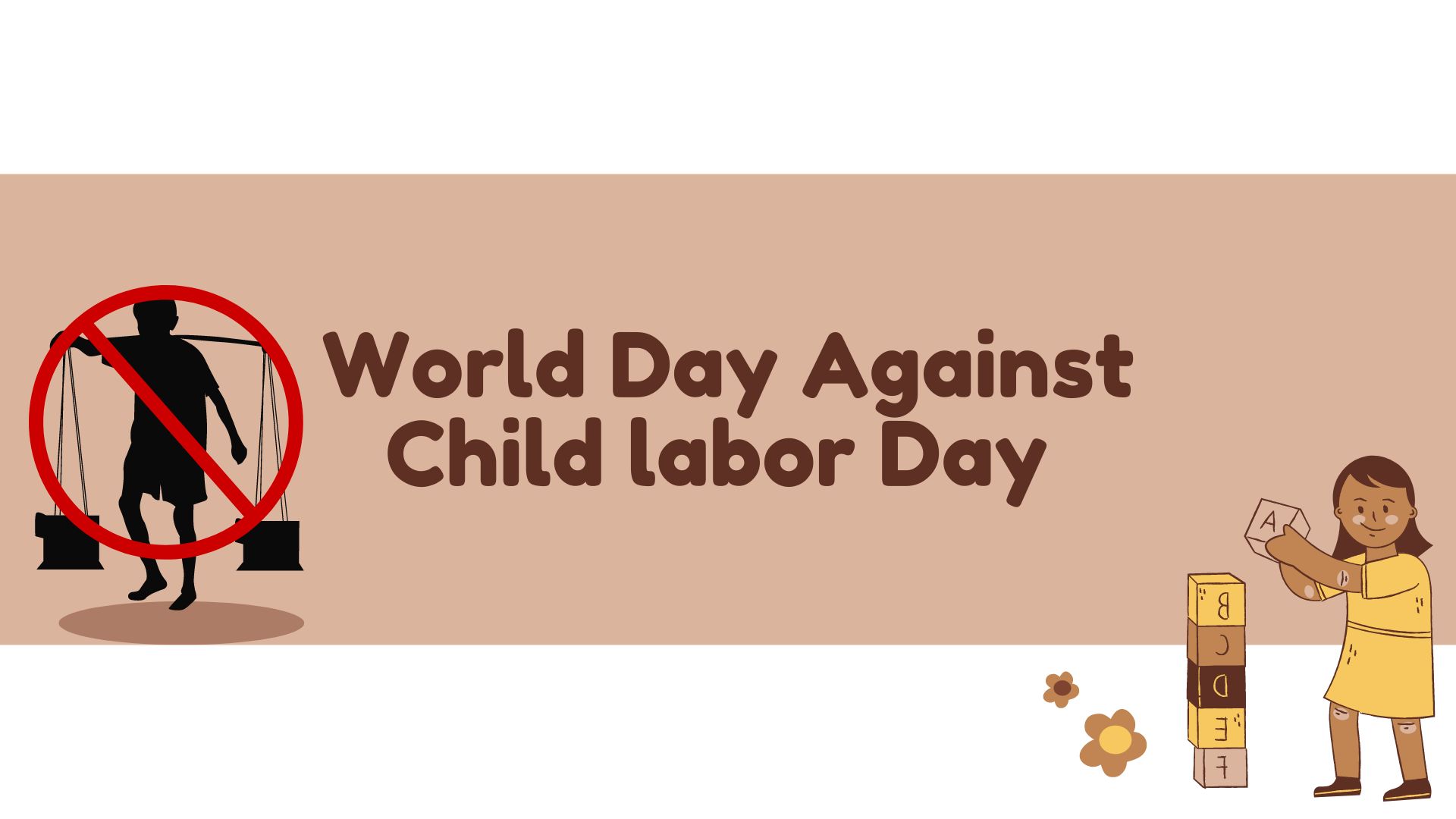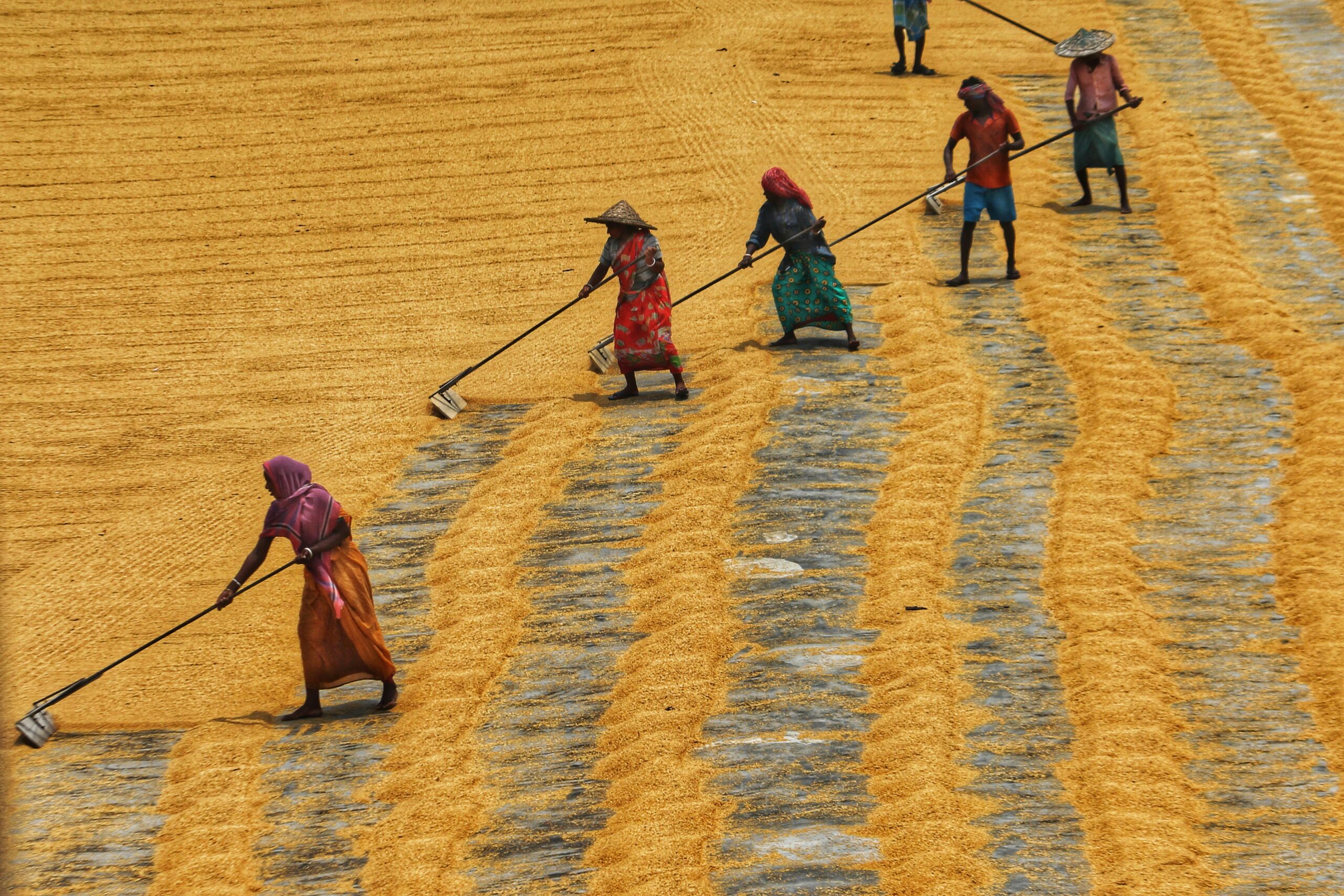The world is fighting three environmental crises simultaneously – climate change, nature degradation, and pollution.
These crises are interlinked and arose from unsustainable consumption and production habits by industry and individuals alike. Therefore, the solution must challenge those habits and involve everyone to be impactful. The value chain approach offers a methodology to achieve this transformation, from our consumption habits to how we design our products & services, how we manufacture, and dispose of them at end of life – while ensuring our economies remain competitive and inclusive. It fosters connections between all of us –businesses, individuals, policy makers, the scientific community & civil society – to scale sustainable win-win solutions. It helps identifying key points of intervention within economic systems to reduce natural-resource use and environmental impacts caused by production and consumption, and to define a common agenda for action.
First, we need to understand how value chains are organized, their actors, and the most critical hotspots
Adopting a value chain approach helps identifying the most critical environmental and socio-economic hotspots of a value chain by understanding how an entire value chain functions, including its different processes and key actors. Using the example of textiles, the value chain spans everything from extracting the raw materials used to create textiles, to designing, making, distributing, retailing or consuming a textile product and its end-of life disposal. It encompasses all actors and activities linked to value creation such as business models, investments and regulation. The identification of the most critical environmental and socio-economic hotspots builds on the scientific foundation of the lifecycle analysis. In the textile value chain, the most significant hotspots emerged in the natural fibre production and wet processing for their impact on climate and water scarcity; in the use and release of hazardous chemicals in wet processing; in the laundering practices at consumer use stage.
Mapping existing initiatives helps identifying the right opportunities for action
Across a value chain, everyone has a part to play, from governments designing policies that support sustainable practices (eco-innovation, sustainable procurement, extended producer responsibility etc.), to companies rethinking their products, transforming their business models and production processes, to consumers preferring sustainable products and services, and the scientific community developing reliable and actionable evidence-based insights to support the transformation. In textiles, a number of initiatives have made headway in addressing the most pressing social and environmental challenges, ranging from industry initiatives (such as transparency standards, cotton cultivation guidelines and restricted substances lists) to civil society and intra-governmental actions.
We can then engage key stakeholders to outline a common plan and the most impactful priorities
It is possible to identify hotspots; it is less straightforward what we can collectively do about them. The value chain approach offers a framework to identify priority actions, while building on the available evidence to translate science into concrete action.
Through a large engagement of textile actors (producers, brands, retailers, civil society, experts etc), key priorities to transform the textile value chain towards more sustainability and resilience were agreed upon. These include: i) the need for a stronger governance & policies to incentivize innovative and sustainable business models ; ii) a call for greater collaboration: the finance sector needs to better understand the business case of sustainable business model, industry needs to stimulate innovation (including through networks such as the Resource Efficient and Cleaner Production Network) and governments need to develop a policy mix supporting both the financing and transforming of businesses; and iii) consumers need to change their consumption preferences with the support of campaigns and consumer information tools.
Conclusion
The climate-nature-pollution crises we are facing have shown us that the consequences of our actions reverberate around us. We need to act faster, and together, more than ever before.
Read more on the value chain approach here:
https://www.oneplanetnetwork.org/resource/catalysing-science-based-policy-action-sustainable-consumption-and-production-value-chain
More insights on the application of the value chain approach in textiles are available here:
https://www.oneplanetnetwork.org/resource/sustainability-and-circularity-textile-value-chain-global-stocktaking
Read more on the UNEP eco-innovation approach: http://unep.ecoinnovation.org/













































































































